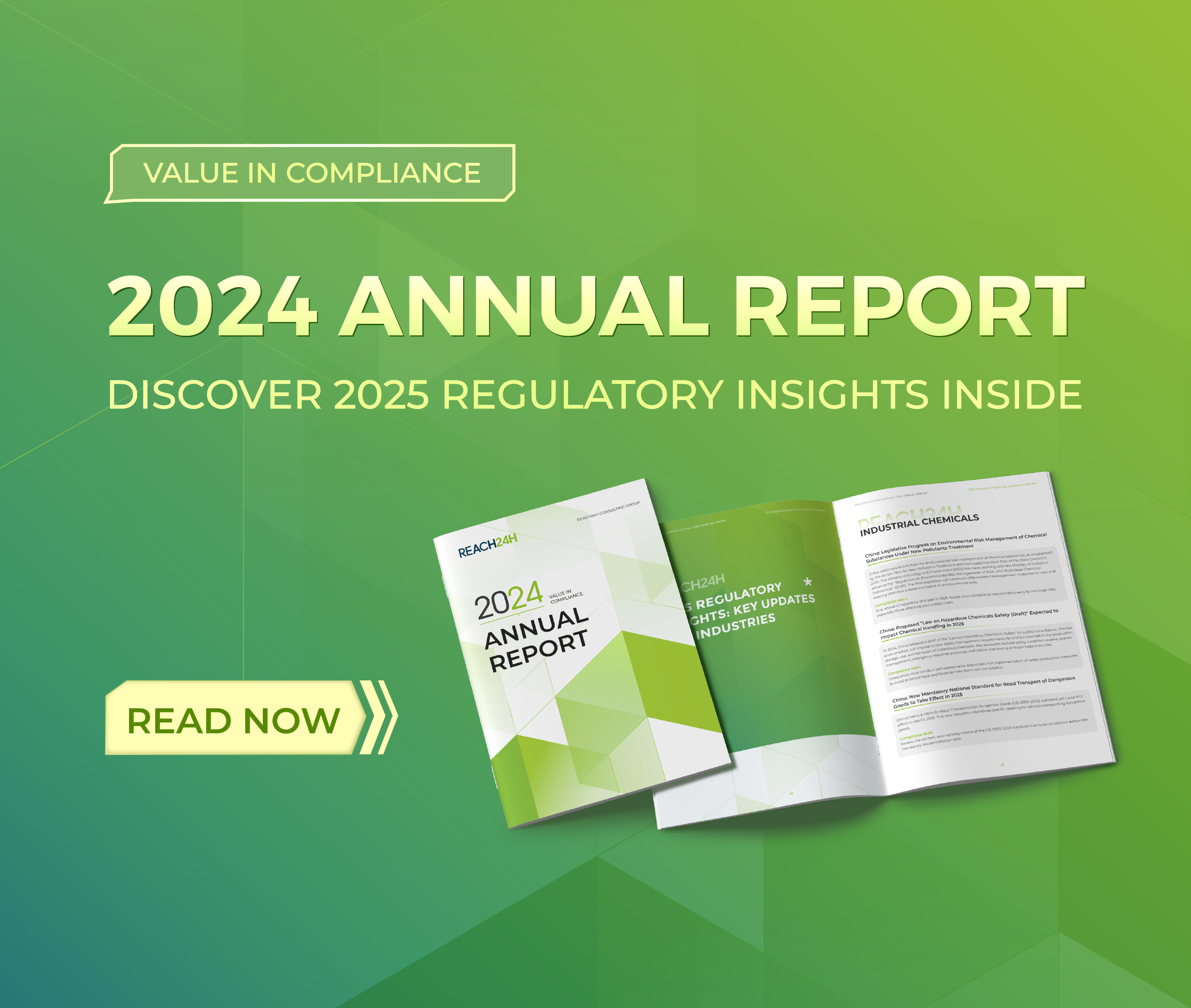Status Quo of Pesticide Reevaluation in China
Pesticide reevaluation refers to the reassessment of a registered pesticide through safety, efficacy, and agronomic aspects, by using the latest scientific tools and findings. This procedure has been an established practice in developed countries and economies to grantee the sustained benefits of agricultural production, food safety, and environmental protection.
In 2018, China reformed pesticide regulations, and its reevaluation system began to take shape. Active ingredients that have been registered for 15 years would be selected as the candidates for reevaluation and registrants need to supplement additional experimental or cited data.
In 2021, a total of 11 active ingredients have been selected, namely Carbendazim, Triazophos, Atrazine, Imidacloprid, Alachlor, Butachlor, Aldicarb, Metolcarb, Acetochlor, Glyphosate, and Fipronil. These pesticides have a higher risk quotient or risks to health, food safety, and environments.
Some other active ingredients have already entered the reevaluation stage and the mains reasons are as follows:
- Imidacloprid, Thiamethoxam, Clothianidin, Thiacloprid, acetamiprid, Nitenpyram, Dinotefuran, Imidaclothiz and Paichongding and other neonicotinoids may seriously affect pollinators such as bees and field trial is underway;
- Carbofuran poses high hazards and risks to birds and relevant investigation has been started;
- Fipronil was most frequently detected in vegetables, and its illegal uses in health and seed coating areas were also reported. MoARA has already initiated the investigation and reassessment procedure;
- Quintozene is highly persistent in the environment and may pose chronic toxics to mammals. It has already been banned in Sweden, Austria, Germany, and other countries. MoARA has already initiated the investigation and reassessment procedure.
If you have any questions on China’s pesticide regulation, please feel free to contact us.
Emai: customer@reach24h.com
Related Articles:


